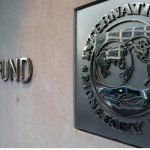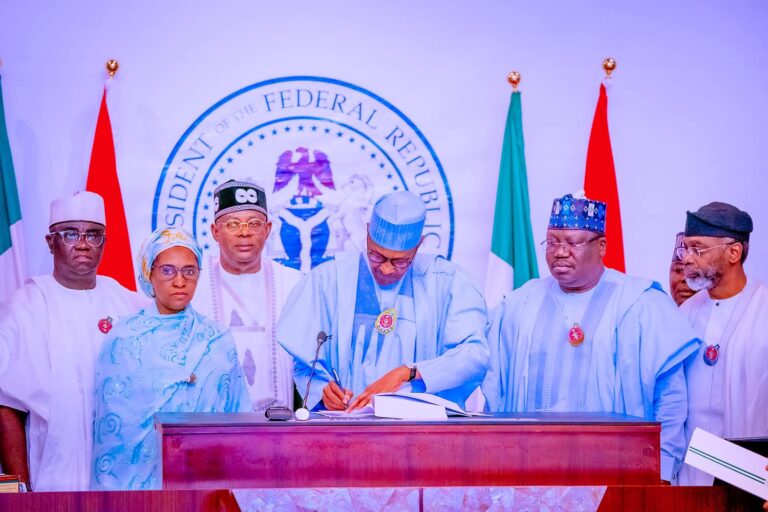The International Monetary Fund (IMF) has approved a 40-month Extended Credit Facility (ECF) for Liberia, valued at SDR155 million (approximately US$210 million). This funding, which represents 60 percent of Liberia’s IMF quota, aims to support the country’s reform agenda to address macroeconomic imbalances and stimulate private-sector-led growth, especially beyond its natural resource sector.
With the approval, Liberia will immediately receive a disbursement of around US$5.8 million. This will help the nation meet urgent balance of payments needs, driven by its significant development challenges.
The IMF-backed program includes a comprehensive policy package designed to enhance fiscal sustainability and create room for public investments. The initial focus will be on reducing unproductive spending and increasing domestic revenue. Over the course of the 40-month program, Liberia is expected to implement measures such as introducing a Value Added Tax (VAT) and cutting tax exemptions to improve fiscal health.
A key objective of the reform plan is to preserve critical social spending, particularly in education and healthcare, even as the government pursues fiscal discipline. Deputy Managing Director and Acting Chair of the IMF, Mr. Bo Li, emphasized the importance of Liberia’s commitment to fiscal credibility and the need for robust debt management.
“Fiscal slippages have worsened Liberia’s economic vulnerabilities in recent years, leading to a sharp decline in international reserves,” Mr. Li said. “The new administration, in office since early 2024, is focusing on reducing wasteful spending and increasing public investments, especially in infrastructure, while protecting social programs.”
The IMF also stressed the need for Liberia to improve its debt management capacity and seek concessional loans and grants to fund essential infrastructure projects. In addition, the country is encouraged to swiftly pass the new Banking and Financial Institutions Act to modernize financial regulations, improve bank oversight, and address the growing issue of non-performing loans.
The Central Bank of Liberia (CBL) is expected to continue enhancing its governance structures to strengthen independence and credibility, alongside improvements in monetary policy. The IMF also highlighted the need for comprehensive reforms in governance and transparency to ensure long-term economic stability and continued donor support.
“The Liberian authorities are committed to revitalizing the reform agenda to ensure macroeconomic stability, promote broad-based development, and reduce poverty,” Mr. Li added. He also stressed the importance of maintaining strong program ownership and securing international assistance to ensure the success of the reform efforts.
Liberia’s reform program is seen as a crucial step in addressing the nation’s deep-rooted economic challenges and laying the groundwork for sustainable growth and development.










